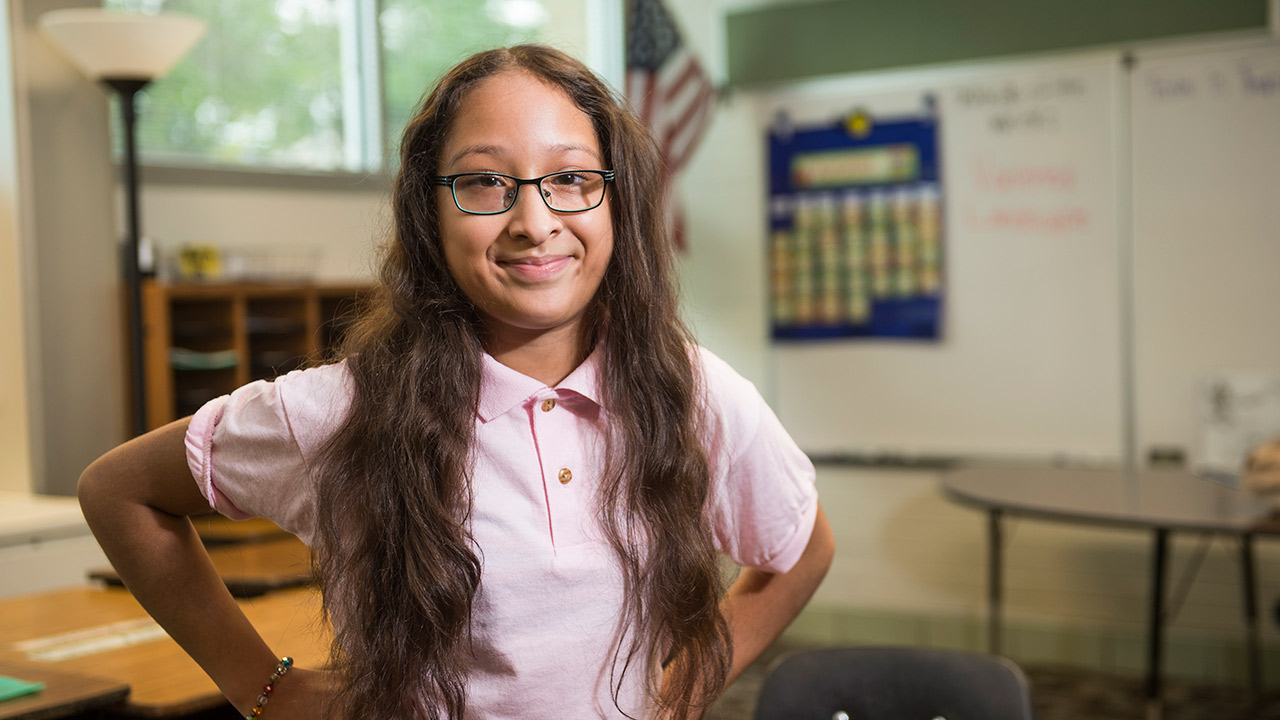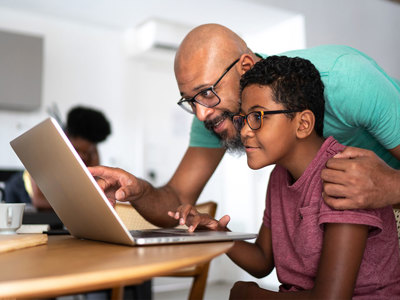- Doctors & Departments
-
Conditions & Advice
- Overview
- Conditions and Symptoms
- Symptom Checker
- Parent Resources
- The Connection Journey
- Calm A Crying Baby
- Sports Articles
- Dosage Tables
- Baby Guide
-
Your Visit
- Overview
- Prepare for Your Visit
- Your Overnight Stay
- Send a Cheer Card
- Family and Patient Resources
- Patient Cost Estimate
- Insurance and Financial Resources
- Online Bill Pay
- Medical Records
- Policies and Procedures
- We Ask Because We Care
Click to find the locations nearest youFind locations by region
See all locations -
Community
- Overview
- Addressing the Youth Mental Health Crisis
- Calendar of Events
- Child Health Advocacy
- Community Health
- Community Partners
- Corporate Relations
- Global Health
- Patient Advocacy
- Patient Stories
- Pediatric Affiliations
- Support Children’s Colorado
- Specialty Outreach Clinics
Your Support Matters
Upcoming Events
Mental Health Town Hall
Tuesday, April 23, 2024Join Children’s Hospital Colorado pediatric experts for a virtual...
-
Research & Innovation
- Overview
- Clinical Trials
- Q: Pediatric Health Advances
- Discoveries and Milestones
- Training and Internships
- Academic Affiliation
- Investigator Resources
- Funding Opportunities
- Center For Innovation
- Support Our Research
- Research Areas

It starts with a Q:
For the latest cutting-edge research, innovative collaborations and remarkable discoveries in child health, read stories from across all our areas of study in Q: Advances and Answers in Pediatric Health.


Back-to-School Tips for Families: How to Ease the Transition and Ace the School Year

You’re not alone — the return to the school year can be a stressful and challenging time not just for kids, but also the whole family. Whether it’s starting a new school or shifting from your summer schedule, it’s normal for kids to need some time to adjust to a different routine.
To help ease the transition, we’ve compiled back-to-school tips from our experts on everything from managing change with healthy routines and minimizing stress to supporting kids’ social development, staying healthy and more.
Back-to-school checklist
Are you and your kids ready for the school year? Here’s a back-to-school checklist to help you get started:
Get back on schedule
Before the school year begins, start establishing the “school night” bedtimes, and wake children up at the time they will be getting up for school. It's also helpful to start eating meals on a schedule that aligns with the school day before classes begin.
Get organized
Establish a family calendar where all activities and important assignment due dates are easy to spot. Prepare school bags and clothes the night before, arrange books and school supplies on shelves or in boxes or drawers, organize all paperwork by priority, and make a single to-do list of all the tasks you need to complete each day.
Plan for homework
Make a plan for where and when homework happens. Is it always at the kitchen table right after school, or perhaps a desk or room for doing homework after dinner? Sticking to a schedule helps it become part of the evening routine.
Check in with the school and stay involved
Plan to communicate regularly with your child’s teachers, even if it’s over email, to stay on top of how they’re doing academically, socially and behaviorally. When you pick up your child from school or welcome them home, ask questions about the day. Give your child a chance to talk about things that make them happy or situations that are causing worry. Support from a parent can be very comforting to a child and helps kids develop a sense of self-confidence. Our experts share more ways to connect with your child.
Have a practice run
If your child is starting at a new school or going to school for the first time, take a leisurely trip to see the school before the first day. Make it fun with a drive, bike ride or family walk to familiarize kids with the route to school.
Talk about it
If your child mentions any concerns about the school year, ask them what they are worried about and provide reassurance. Don’t forget to talk about the fun and exciting things that will happen throughout the year, too. Bringing up field trips, school dances, sporting events and extracurriculars can help them feel enthusiastic about the year ahead.
Establish fun traditions
Do something fun the night before school starts, such as a family game night, or have a special breakfast on the first day. Make it a day they look forward to every year.
Remind children that they’re loved
Send an encouraging note or text for your child to read on the way to or from school. For younger children, include a family photo or a special note in their backpack or lunchbox to help them get through the day.
Back-to-school health tips
Staying active, getting quality sleep and proactive wellness appointments can help your kid have a healthy start to the school year. Here are some health tips from our experts to keep your kids feeling good and focused in the classroom:
Get moving
An hour of exercise every day can help kids gain confidence, maintain a healthy weight, boost mental health, improve attention in the classroom and sleep better. To help them get enough activity, exercise as a family on the weekends, encourage active play dates with friends and consider signing them up for sports or other physical activities.
Get enough sleep
Skimping on sleep can cause behavioral issues and mood swings, as well as negatively impact concentration and academic performance. To help your child sleep more soundly, establish a regular bedtime and turn off the computer or TV about an hour before they hit the hay. Find out how many hours your child should be sleeping according to their age.
Get a checkup and review immunizations
Regular checkups with your child’s pediatrician, called well-child visits or wellness checks, are crucial for your child’s physical health — and their mental health, too. Make an appointment about a month before school starts to allow time for any necessary follow-up care.
When your child gets sick and misses class, it can take days or even weeks to catch up on work. Vaccines help protect your child from viruses that cause illnesses such as COVID-19, chickenpox and influenza. Your pediatrician can make sure your child is up to date.
Wear a mask, if needed
During intense respiratory seasons where viruses like COVID-19, influenza and RSV typically peak, Children’s Colorado’s infectious disease doctor Samuel Dominguez, MD, PhD, says to consider wearing a mask during periods of high levels of circulation to help prevent the spread of illness.
Stay home when sick and seek medical attention if needed
If your child isn’t feeling well, make every effort to keep them home from school so that they can rest and recover and to prevent any contagious illnesses from spreading to classmates and teachers. If your child tests positive for COVID-19 or the flu, there are treatments available, especially for high-risk kids. Talk to your child’s doctor about treatment options if they are sick.
Back-to-school mental health tips
With many states facing a pediatric mental health crisis, it’s important to prioritize your child’s mental health and well-being. Check in with them on how they are feeling and look for signs that they might be struggling. Downtime for families is essential to allow opportunity for rest. Include your child in decisions regarding what activities — and how many — they want to be involved in.
How to help your kid foster friendships at school
Children’s Hospital Colorado psychologist Lauren Henry, PhD, shares how close connections can have a big impact on children’s mental health.
“Encouraging and supporting our children’s social support and groups is so important,” Dr. Henry says. “We know the more protected kids are with larger social circles, the less risk they have for being bullied. We want to support kids as much as we can to develop new social circles and get involved in the community.”
The more children practice developing social skills, the better they will get. Some of these skills include introducing themselves, showing interest in what others have to say, finding common ground or interests and inviting people to join in activities.
It also helps to observe the social interactions you and your family have at home. Does your child show empathy and kindness? If not, find ways to lessen conflict and increase empathy and compassion (and reach out for professional help if necessary). If you have more than one child, teach them the importance of treating each other with kindness and respect. Research shows that hostility between siblings can leave a lasting, detrimental impact. Do not tolerate bullying or aggression between siblings.
Demonstrate empathy
While it’s tempting to offer children advice, the foundation of empathic listening is to simply listen and then make sure that you understood accurately. Demonstrate how you care for others by asking about how your children are feeling and then repeating back to them what you heard. You can also use affirmative statements such as, “That sounds hard,” and ask questions like, “It sounds like you feel sad —could you tell me about that?” to show empathy in action.
You can also foster empathy by coaching children on the impact of their words and actions. One person's joke can easily hurt another person’s feelings. Explain how what they say and do could make others feel bad or be interpreted differently than they intended. Set expectations for appropriate behavior and listen to how they interact with their friends.
Prevent bullying
The transition from elementary school to middle school or middle school to high school can be times where kids might experience an increase in bullying — although this problem unfortunately can happen at any age.
“Kids are transitioning from one point in the social hierarchy to another. The top dog in fifth grade transitions to middle school and goes back down the new kid,” Dr. Henry says. “Kids are trying to find where they belong and establish themselves in the social hierarchy.”
Here are some ways to address bullying with your children:
- Talk to your kids about types of bullying: Prevention starts with knowing about the different types of bullying: social, verbal and physical. Facilitate open and honest conversations with your child about bullying and different ways to prevent it.
- Teach kids to speak up: It’s important to remind your child of their role as a positive bystander, even if they aren’t the one experiencing bullying. Talk to your kids about the importance of being a friend and speaking up if they see something that doesn’t feel right. A powerful way to address bullying can be with bystanders coming together to call out negative behavior.
Ask the school about its bullying policy
Ask your child’s school for their policy on bullying. Dr. Henry says in Colorado, all schools are required to have this policy and share it with parents. You can collaborate with the school to address any behavior that might be in violation of their policy.
Establish healthy norms with social media
While social media can be a force for positive social connections, it can also fuel social conflict, cyber bullying and poor self-image. Discover ways to limit the potential harm of social media. Also make it a point to know your child’s online world by monitoring their posts, private messages and sites they visit.
Additional back-to-school tips for parents
Supporting your child with healthy routines and encouraging positive social skills can make for a smooth back-to-school transition. Yet some kids and teens face specific challenges that can make their adjustment more difficult. Here’s how to overcome some other common obstacles:
Handling school refusal
If your child refuses to go to school, you are not alone. More than 25% of children will have some type of school refusal behavior at some point during their lives, and it’s much more common during transitions.
Supporting kids who need more help at school
If your child has a diagnosed developmental or intellectual disability, they could benefit from an individualized education plan, or IEP. Find ways to help your child get learning support. Some children who are neurodivergent might also benefit from more support at school. If you think your child might need additional help, follow these tips to advocate for your child with school leaders.
Supporting children with chronic illness
If your child has a chronic illness, supporting them in their educational journey can require a unique set of parenting skills. Check out our tips for managing illness at school.



 720-777-0123
720-777-0123






